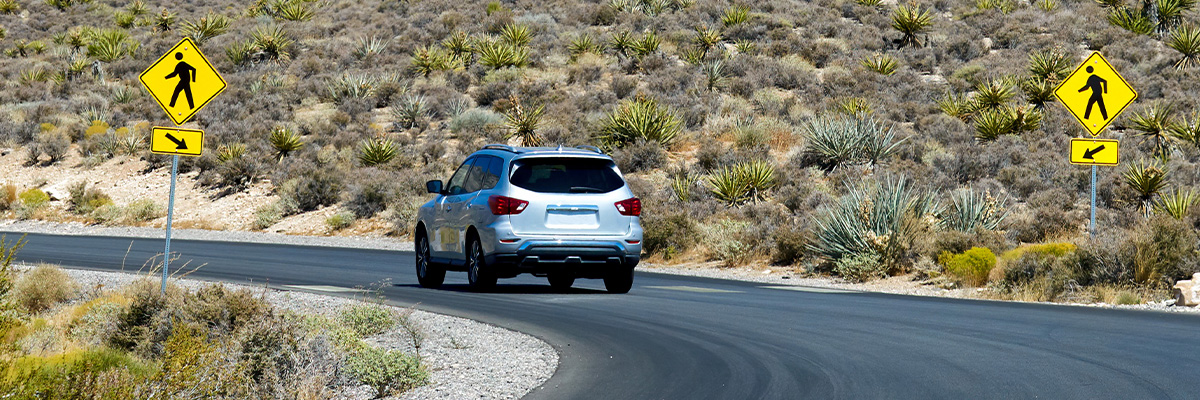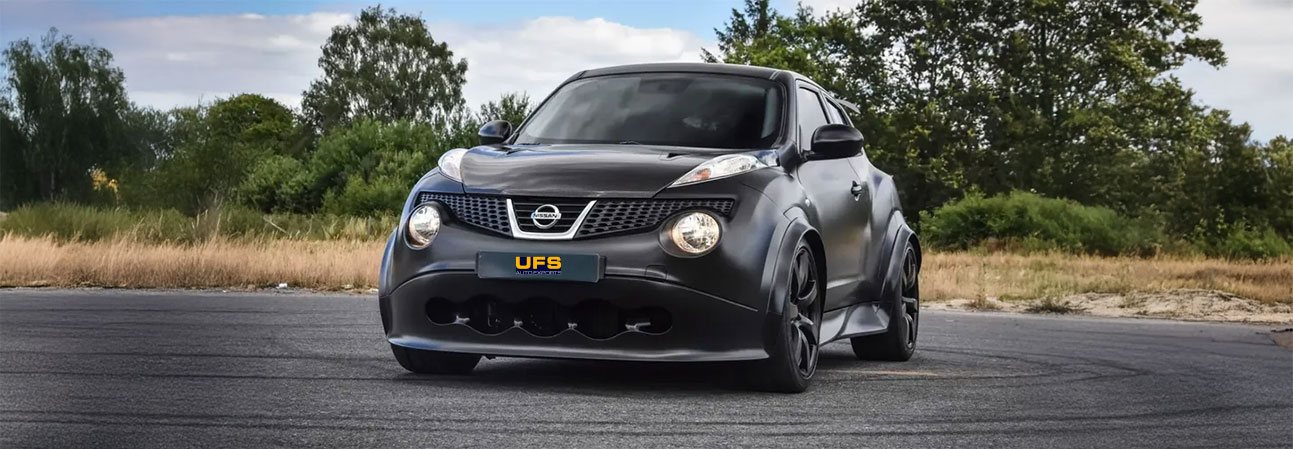Are you looking to buy a quality used car in Tanzania but feel overwhelmed by imports, taxes and logistics? You’re not alone. According to The Tanzania Times, in 2024 Tanzania imported a staggering 47,000 used vehicles from Japan alone — making it the top African market for Japanese second-hand cars.
This article shows you how to navigate the process smoothly, why choosing the right export partner matters, and what makes for a successful purchase of a used car in Tanzania. You’ll learn what to check, what costs to expect, and how to avoid common pitfalls.
Why the Demand for a Used Car in Tanzania Is Growing
Tanzania’s market for used car in Tanzania is expanding fast. In a region where new-car sales remain limited due to high costs, second-hand imports fill a critical gap. A market analysis shows that the new-car market in Tanzania sells only 2,000–3,000 units annually, pushing many buyers toward moves like importing a used car in Tanzania.
Here are the key drivers:
- Affordability: Used cars cost significantly less than new ones while still offering good value.
- Quality imports: Many buyers bring in Japanese-made vehicles, known for durability.
- Logistics hubs: Tanzania’s port of Dar es Salaam handles most import entries for a used car in Tanzania.
- Regulatory conditions: While rules exist, they allow for a used car in Tanzania to be imported — provided you meet duties and documentation. For example, import duties may be ~25% plus VAT 18% etc.
All of this means that if you're aiming for a car in Tanzania, you’re entering a vibrant, established market — but also one with many moving parts. That’s where partnering with an experienced exporter helps.
What to Look for When Importing a Car in Tanzania
When you decide to import a used car, ensure you focus on the following factors to make the process smooth and secure:
1. Vehicle sourcing & quality assurance
- Choose vehicles under 5–8 years old to reduce duties. Pre-inspection reports confirm the car’s condition and authenticity.
- A trusted exporter like UFS Auto connects buyers directly with verified Japanese stock to minimize risk..
2. Transparent cost breakdown
- Ensure you receive a clear CIF (Cost + Insurance + Freight) quote that includes all relevant fees — duties, VAT, excise, and clearance.
- UFS Auto’s five-step process (Choose → Confirm → Payment → Shipment → Clearance) makes pricing and timelines transparent.
3. Documentation and compliance
- You’ll need shipping documents, export certificates, and proper import records.
- Working with an exporter that manages paperwork helps prevent costly delays when your car arrives.
4. Shipment, logistics, and delivery
- Smooth logistics—from export in Japan to your port of entry—are essential.
- UFS Auto arranges shipping to Dar es Salaam and supports regional transit across African destinations.
5. After-import support and local registration
- Once your car lands, clearance and registration must be completed.
- Partnering with a firm that offers on-ground support ensures your vehicle becomes road-ready without hassle.
Step-by-Step Process to Buy a Car in Tanzania
Here’s the typical workflow when importing through UFS Auto:
- Choose vehicle
Browse verified inventory and select your preferred model, year, and specs.
- Request & confirm order
Get a pro-forma invoice, verify consignee info, and finalize your destination port.
- Make payment
Complete payment via bank transfer (TT). Once confirmed, shipment is scheduled.
- Vehicle shipment & documentation
Shipping documents like the Bill of Lading and Export Certificate are uploaded for your reference.
- Clearance & registration
On arrival, clear customs, pay duties, and register your vehicle.
UFS Auto provides assistance or coordinates with your clearing agent for this stage.
Key Benefits of Choosing UFS Auto
- Global sourcing: Based in Japan, giving direct access to premium inventory.
- Transparent operations: Clearly defined five-step import process.
- Africa-ready expertise: Experience handling exports to countries like South Africa, Botswana, and Tanzania.
- End-to-end support: From vehicle selection to clearance, everything’s streamlined.
- Reduced risk: Verified sourcing and proper documentation mean no surprises during import.
Conclusion
Buying a car in Tanzania is an attractive, cost-effective way to access quality vehicles—especially when new-car supply is constrained and duties on new entrants are high. When you partner with a firm like UFS Auto that offers end-to-end service—from sourcing in Japan to delivery in Africa—you dramatically increase your chances of a smooth transaction.
If you’re ready to explore your options, consider taking the next step: browse the inventory, request a quote, and get expert guidance on importing a car in Tanzania. Your next reliable vehicle is closer than you think.
Ready to get started? Visit UFS Auto’s website, browse verified inventory, and request your quote to import a car in Tanzania with confidence.
FAQs
Q1: What age of vehicle is best when importing a used car in Tanzania?
It’s generally best to choose a vehicle under 5-8 years old, because older vehicles can trigger higher duties and may require additional compliance.
Q2: How much will taxes and import duties add when buying a used car in Tanzania?
Taxes vary based on CIF value, engine size and vehicle age. You’ll typically pay import duty, VAT, excise and other levies. Having a transparent partner helps you estimate these costs.
Q3: Can I import a used car in Tanzania by myself without a clearing agent?
Yes technically you can, but many delays and mistakes occur due to complex documentation and inspection rules. Using a partner that handles or assists with clearance reduces risk.
Q4: Which port do most imported used cars in Tanzania arrive at?
Most vehicles enter through the Port of Dar es Salaam, make sure your logistics planning covers arrival, inspection and transport to your final destination.
Q5: Will older vehicles (10+ years) be prohibited for import as a used car in Tanzania?
Not strictly prohibited, but higher duties, tougher registration and compliance make them less economically feasible.
Q6: Why choose a Japanese-sourced used car in Tanzania instead of buying locally?
Japanese-sourced vehicles often come with better documentation, higher maintenance standards and value due to strong export networks. When handled by a trusted exporter, you get quality and reliability.




